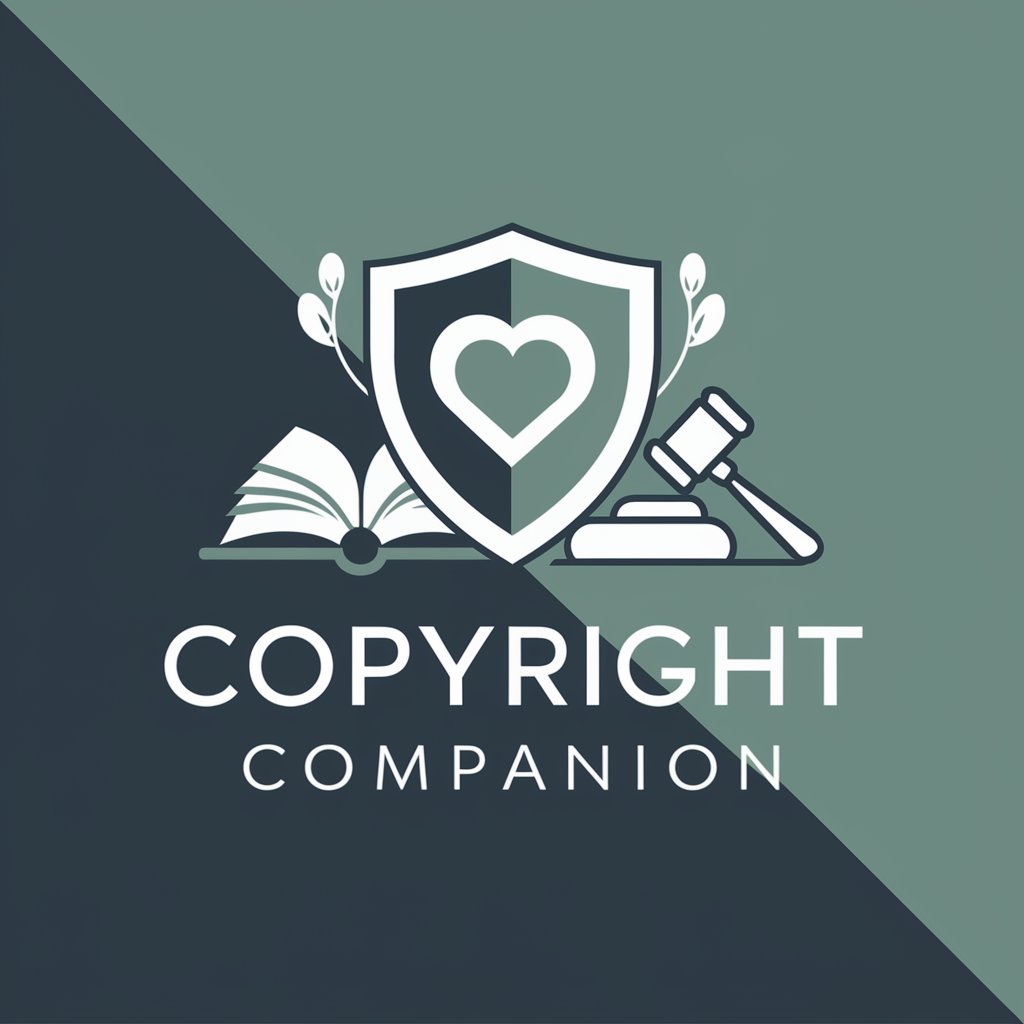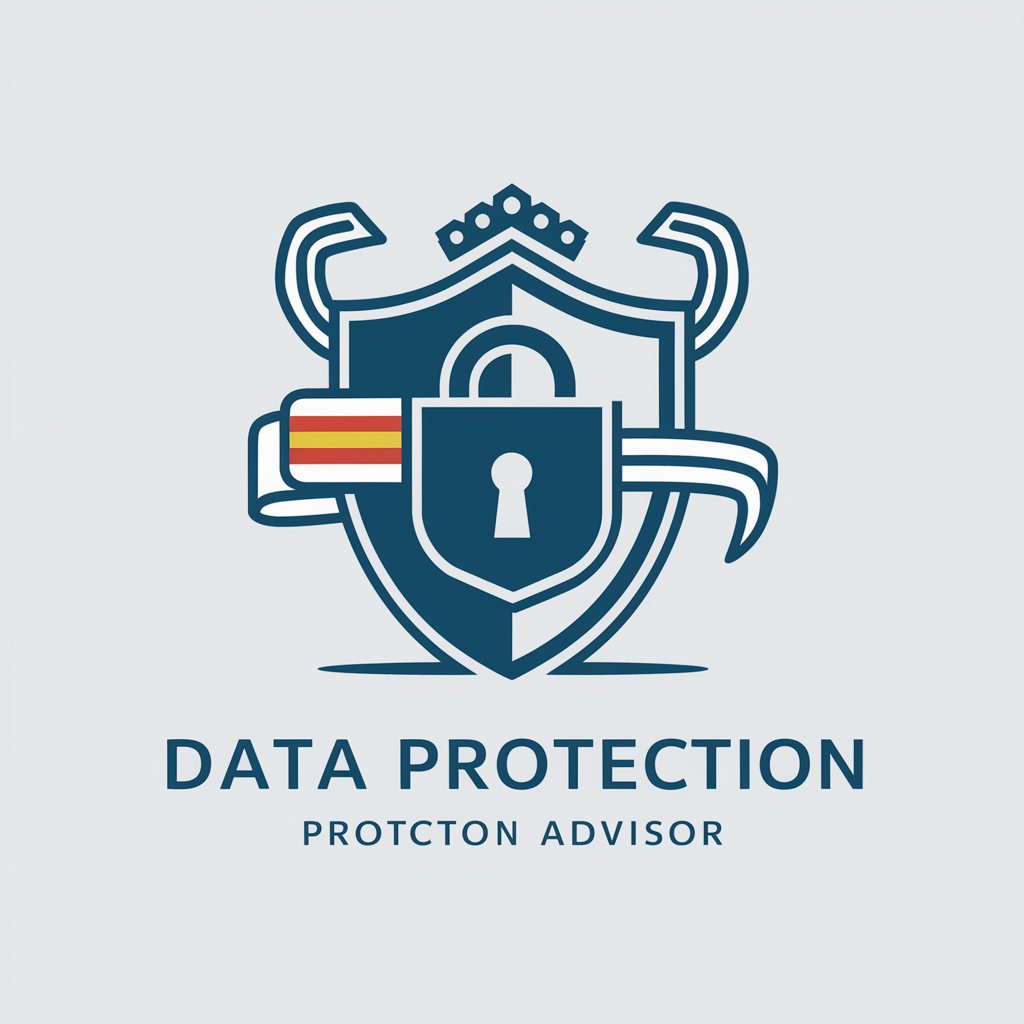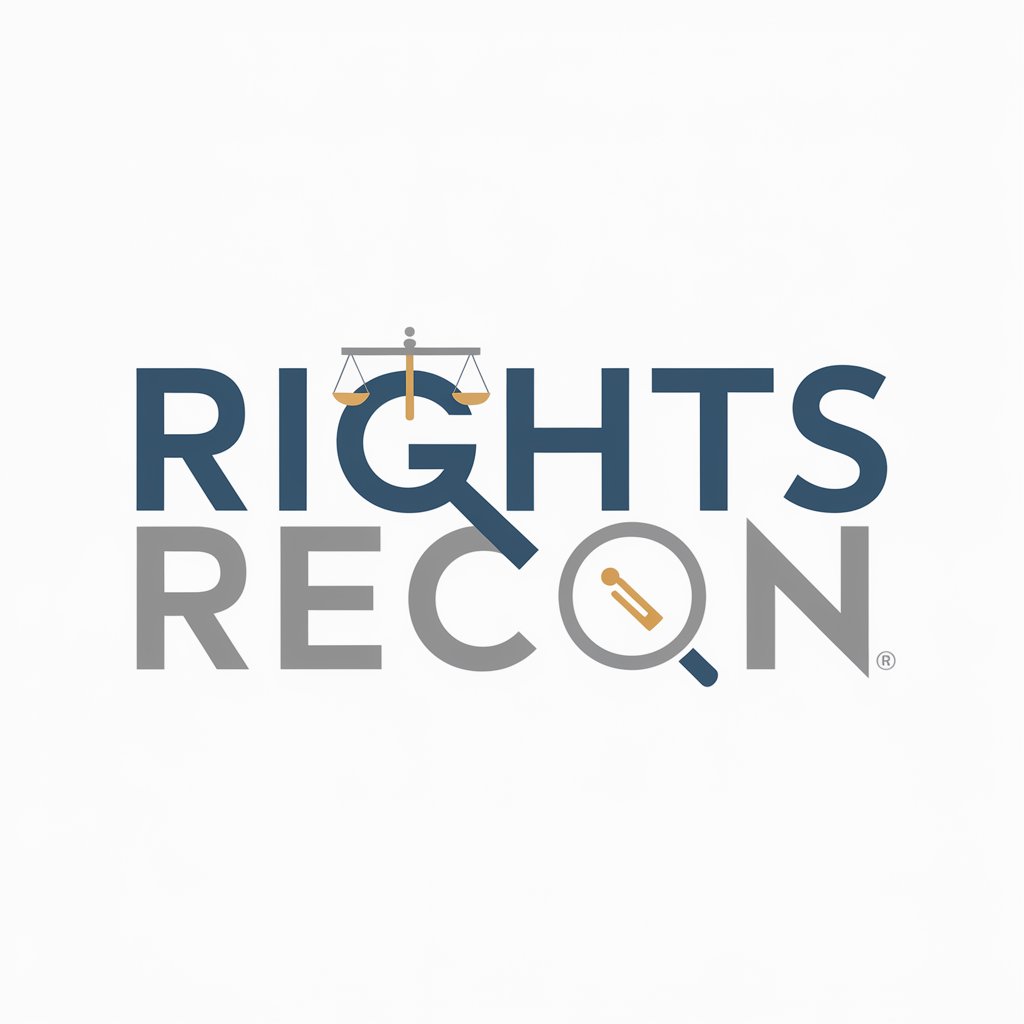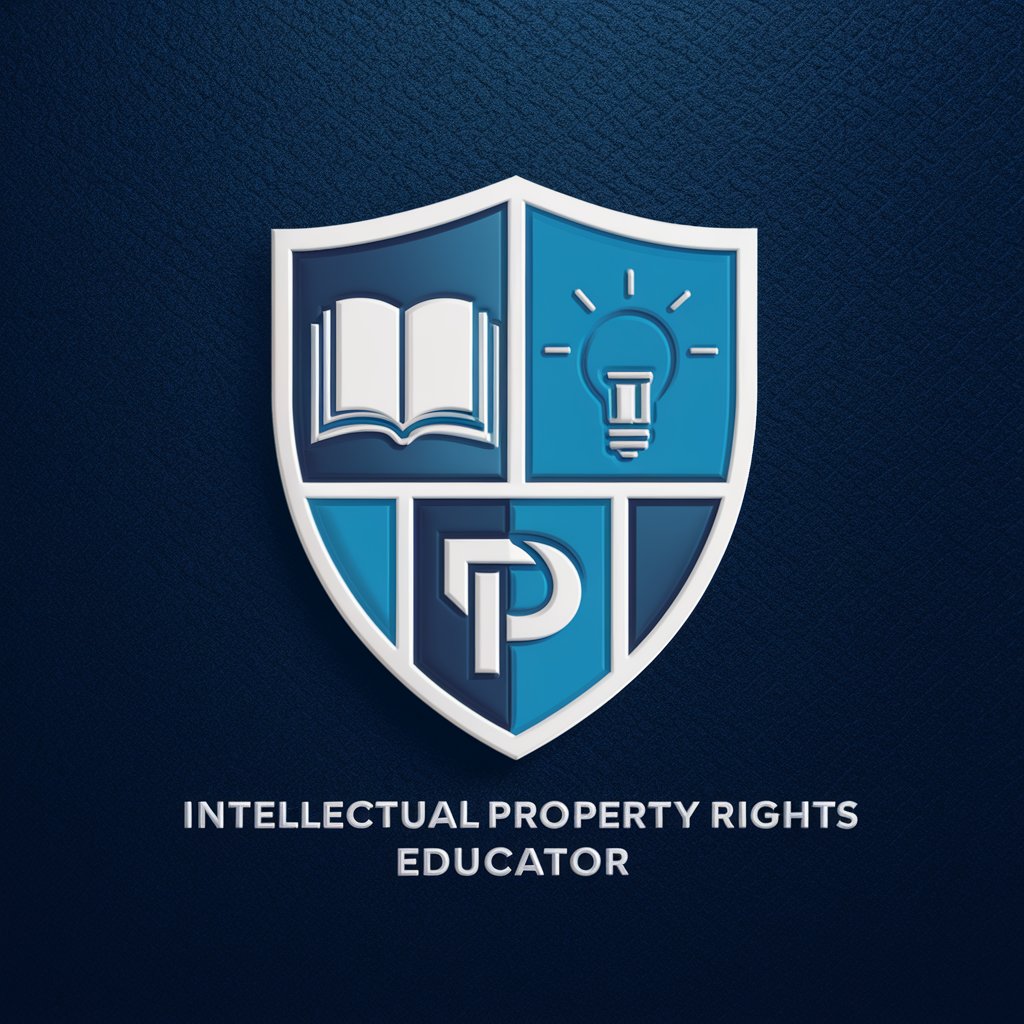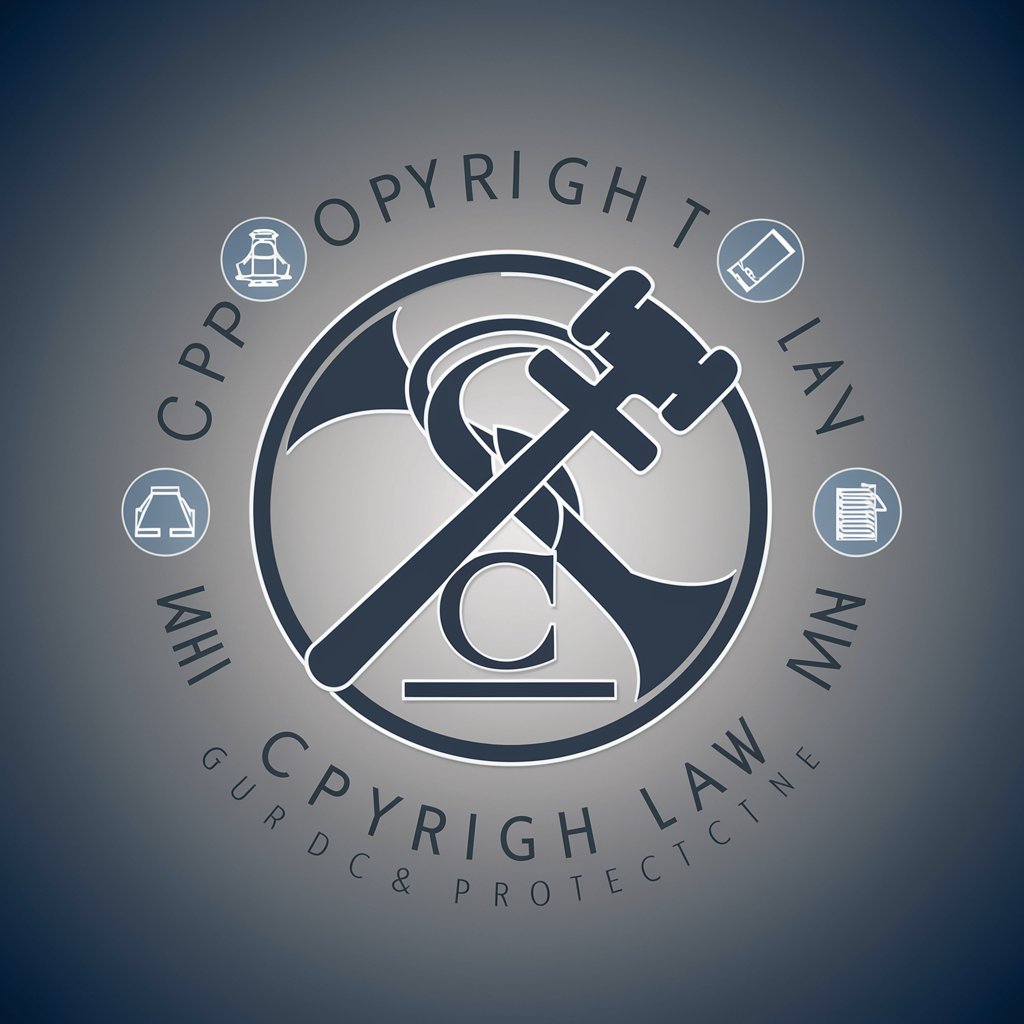
Digital Rights Guide - AI-powered digital rights insights
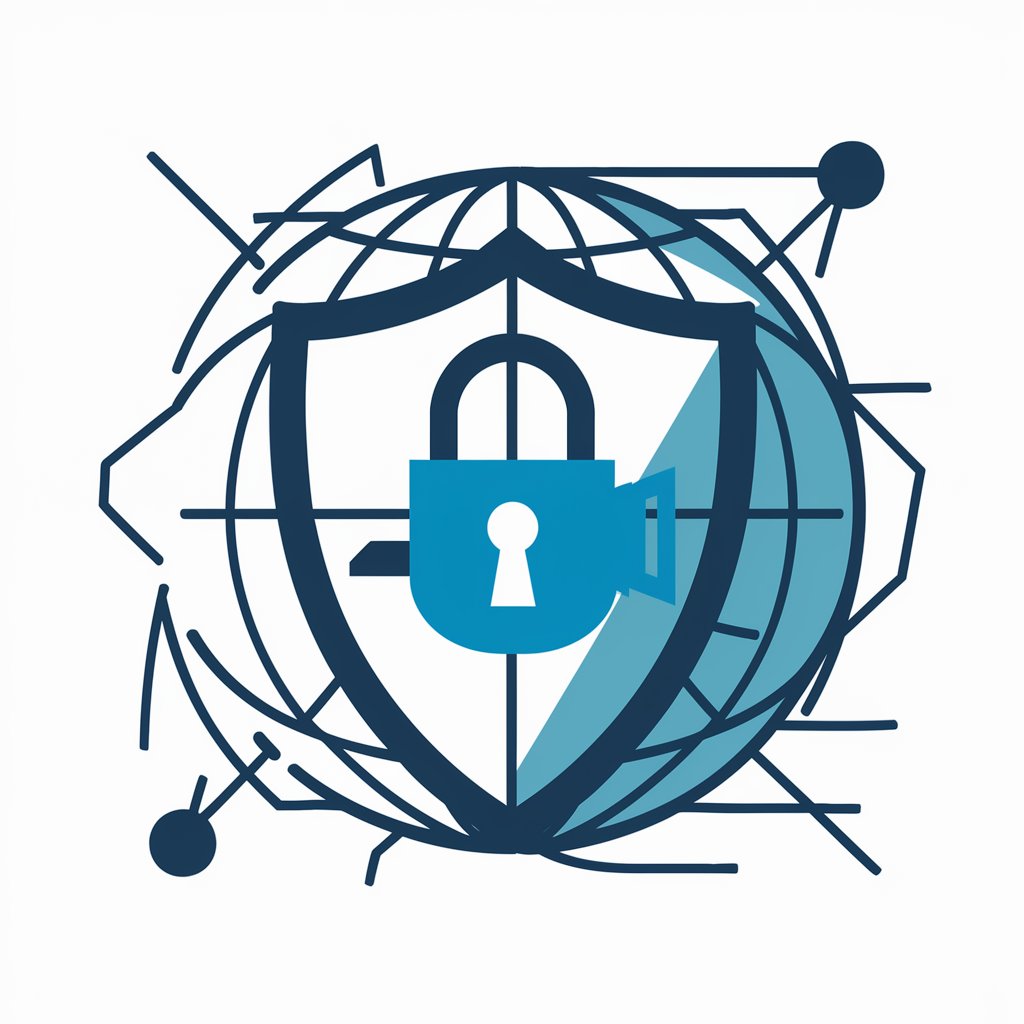
Welcome! Let's explore digital rights and Internet freedom together.
Empower Your Digital Freedom
Can you explain the importance of Internet freedom in today's digital age?
What are the key principles of digital privacy?
How does net neutrality impact Internet users?
What measures can individuals take to enhance their digital security?
Get Embed Code
Introduction to Digital Rights Guide
Digital Rights Guide is designed to provide insights, discussions, and advice concerning Internet freedom and digital rights. Rooted in principles of human rights and internet governance, it serves as an educational resource on topics like privacy, censorship, net neutrality, and digital security. The platform is structured to promote digital literacy while being respectful of all viewpoints without taking political stances. An example of its functionality includes offering explanations about the implications of new internet laws on user privacy and freedom, making complex regulatory environments accessible and understandable for the general public. Powered by ChatGPT-4o。

Core Functions of Digital Rights Guide
Educational Content Delivery
Example
The platform provides detailed articles and resources on how to maintain privacy online, explaining different encryption methods and privacy-enhancing technologies.
Scenario
A user curious about enhancing their digital security can learn how to use VPNs and encrypted messaging services to protect their data.
Policy Analysis and Advocacy Support
Example
Digital Rights Guide analyzes current policy debates and legislative developments, offering insights that help users understand these complex topics.
Scenario
During discussions on a new data protection law, the platform provides breakdowns of the law’s content, potential impacts, and guidance on advocacy strategies for concerned citizens.
Interactive Learning Modules
Example
It includes interactive quizzes and modules on recognizing and responding to digital censorship.
Scenario
Educators using the platform can integrate these modules into their curriculums to help students understand and discuss the importance of uncensored access to information.
Ideal Users of Digital Rights Guide
Activists and Advocates
This group benefits from understanding the nuances of internet laws and regulations that affect human rights, enabling them to better advocate for policy changes and educate others.
Educators and Researchers
Educators and researchers find value in the comprehensive, up-to-date information provided on digital rights, which can be used to support academic studies and develop educational materials.
General Public
Individuals seeking to enhance their digital literacy and protect their online privacy utilize the platform to learn practical tips and the broader implications of their online activities.

Using the Digital Rights Guide
Step 1
Visit yeschat.ai for a free trial without login or a ChatGPT Plus subscription.
Step 2
Choose your topic of interest, such as Internet freedom, digital privacy, or censorship, from the available options.
Step 3
Use the query box to input your specific questions or scenarios related to digital rights.
Step 4
Review the guidance and resources provided by the tool to deepen your understanding of the selected topic.
Step 5
Utilize the interactive features like links to relevant laws, policy updates, or expert articles to further explore the issues.
Try other advanced and practical GPTs
Rights Radar
Empower Your Decisions with AI-Powered Legal Insights
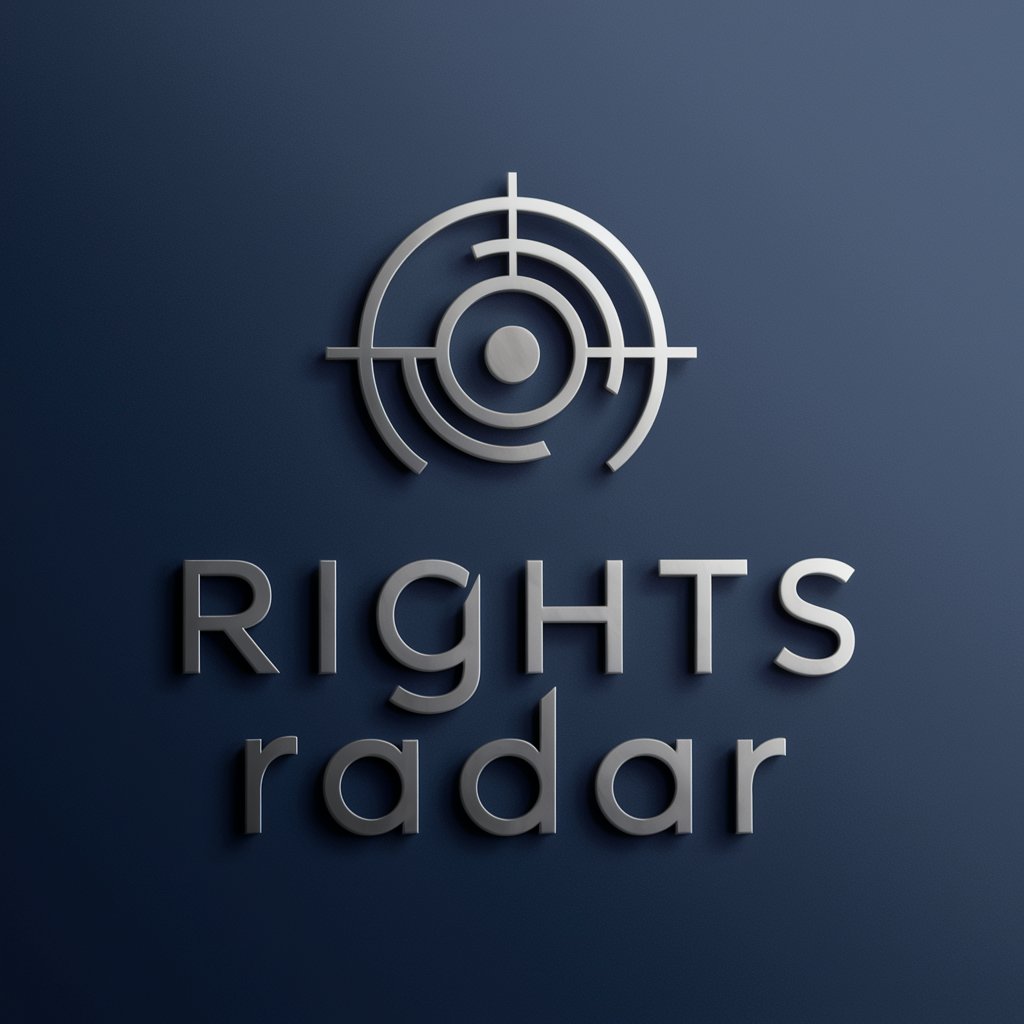
Akame Language Mentor
Learn languages with AI power
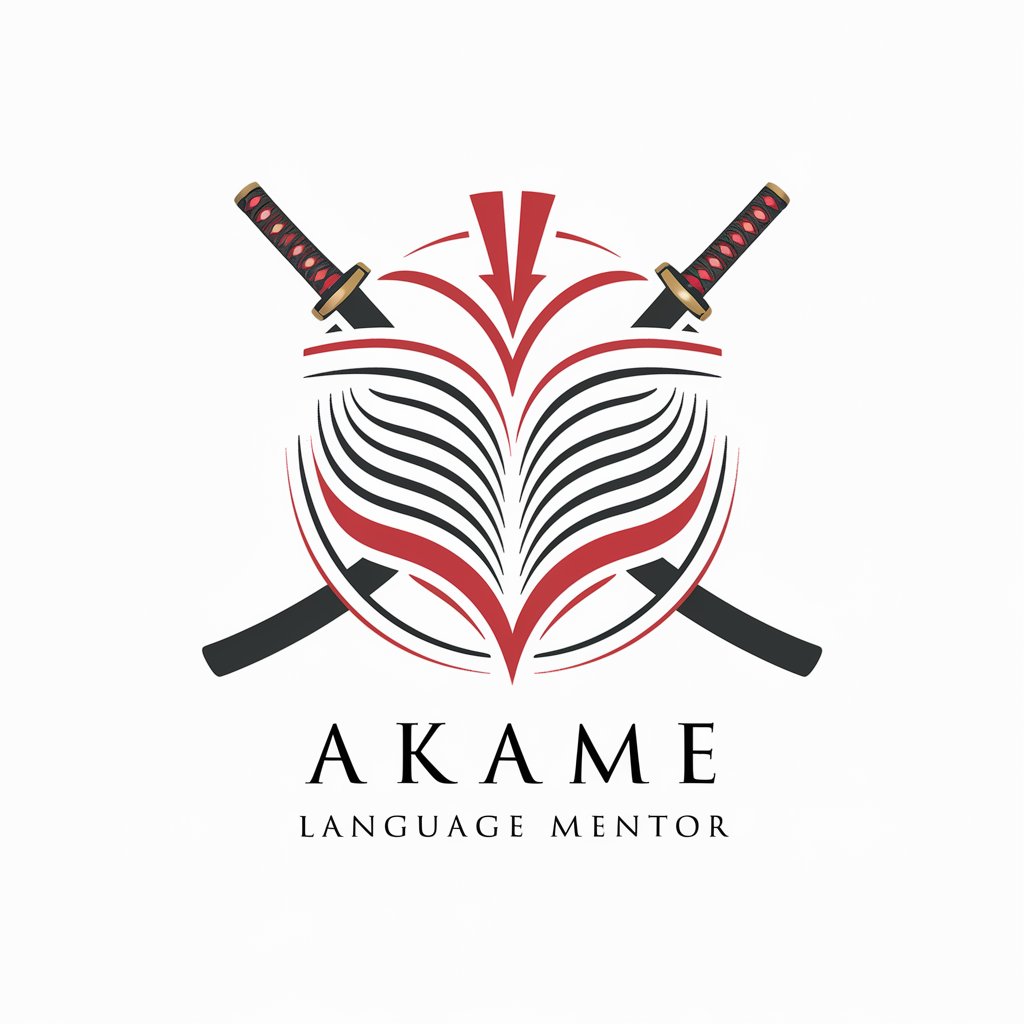
CADScript Architect
Automate CAD, Power Your Design
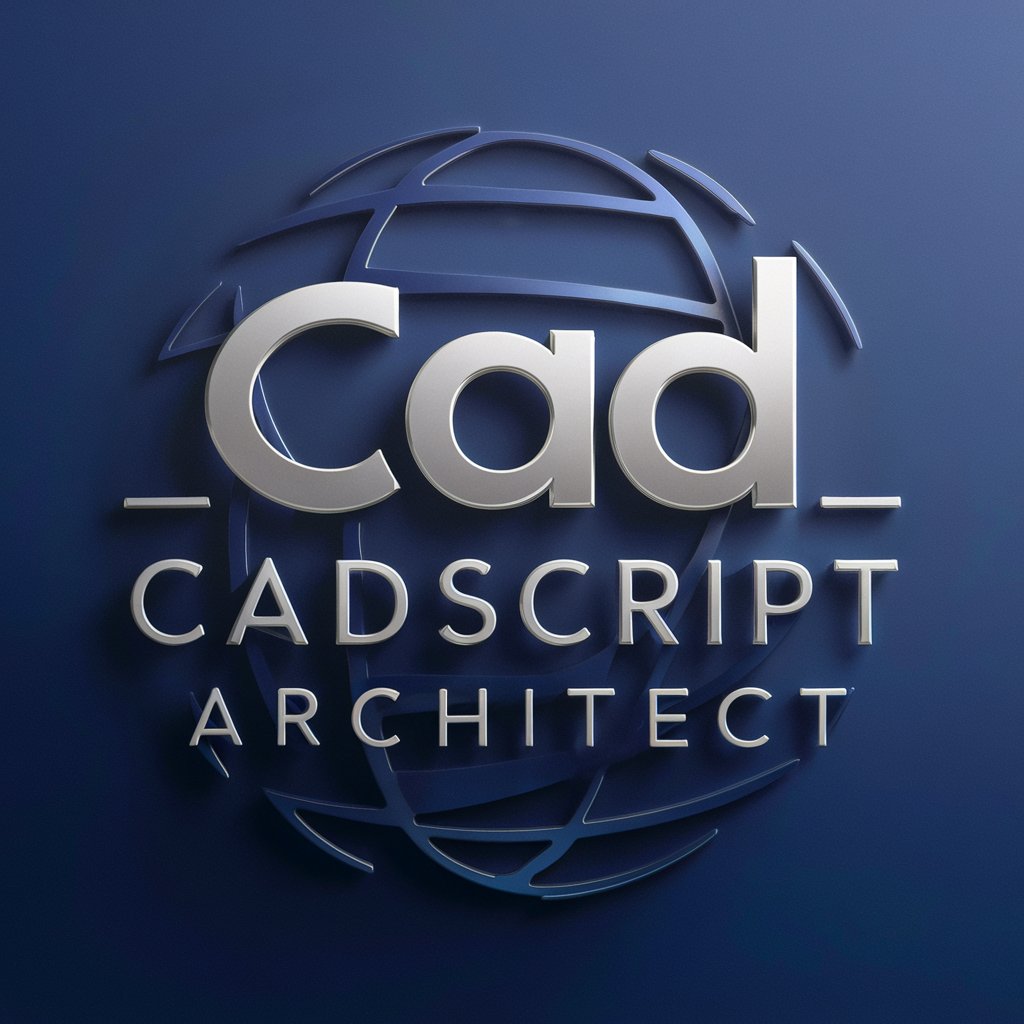
Cadsoma Workflow Assistant
Optimizing workflows with AI-powered tools
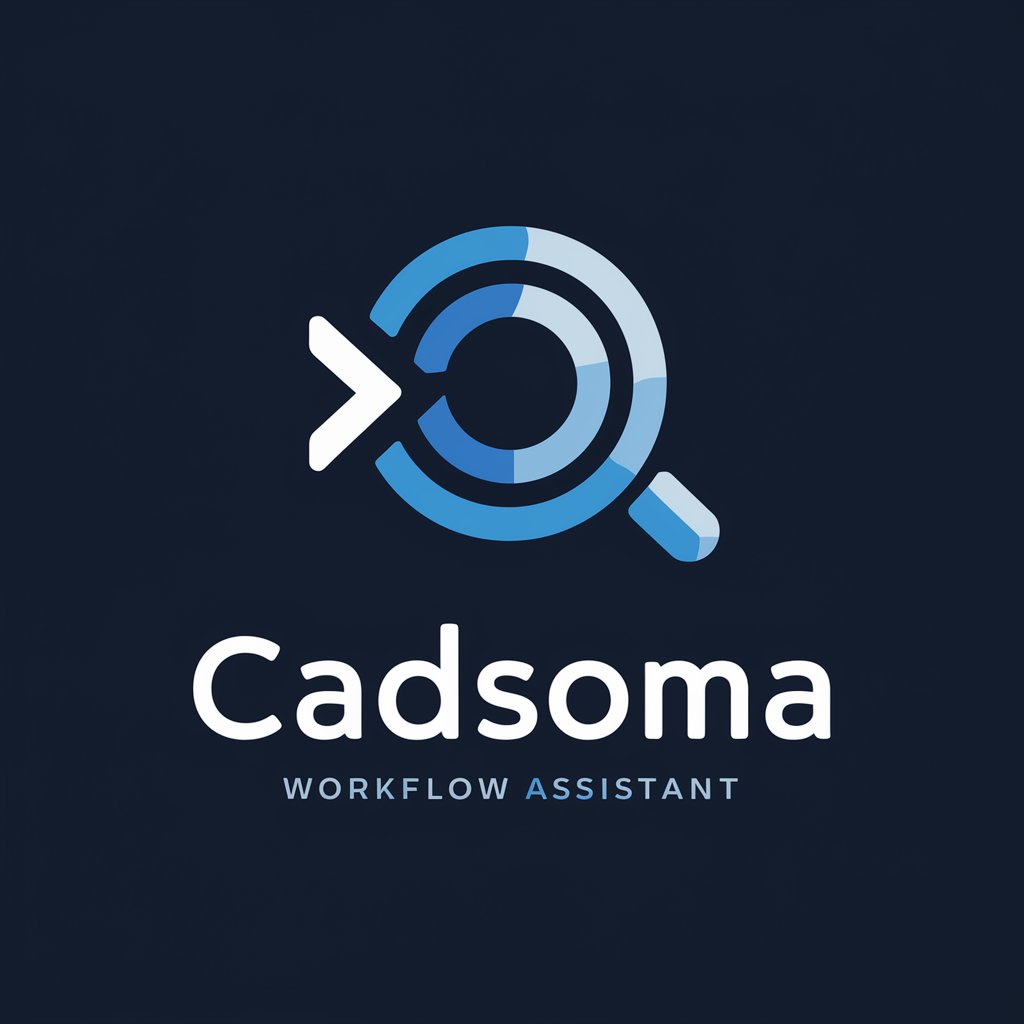
Code Wizard
Empower Your Code with AI

Obsidian Helper
Empowering Your Obsidian Experience with AI
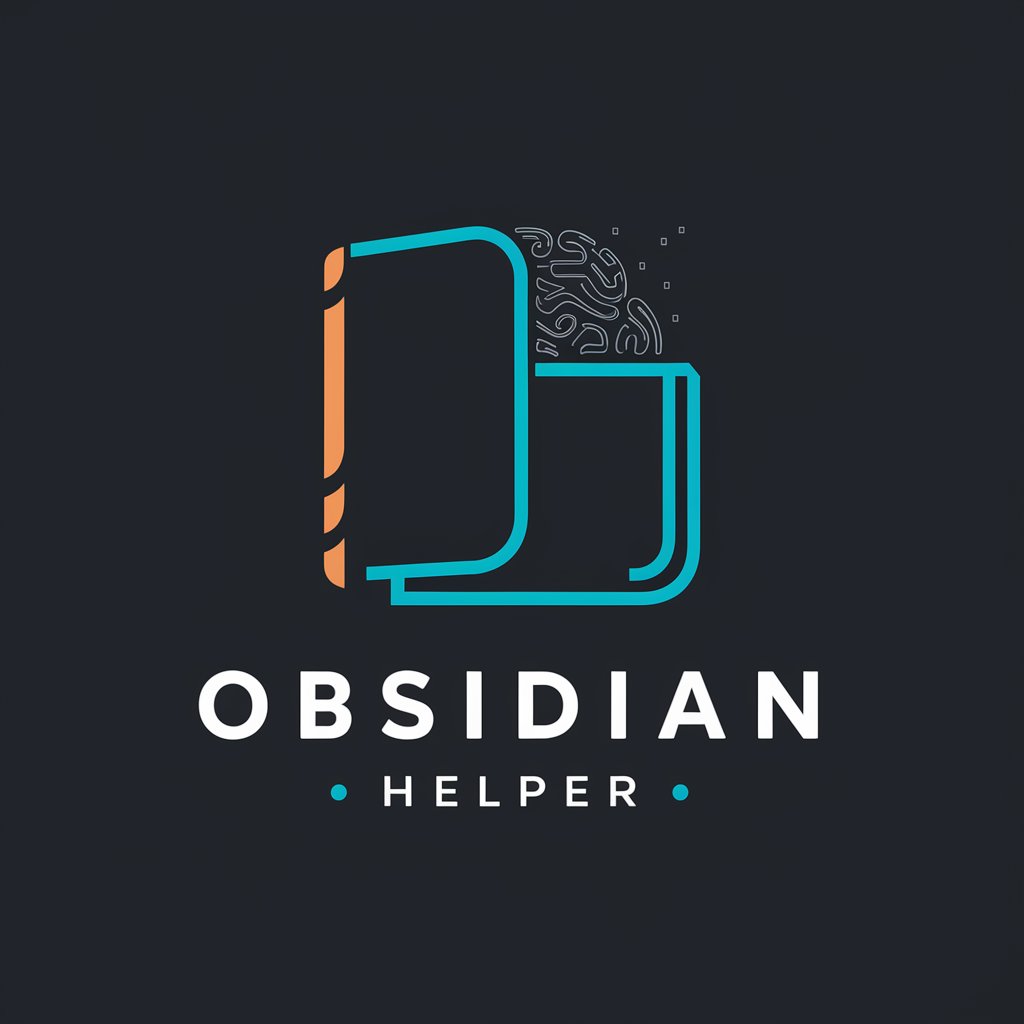
🥋 Rights! 🥋
Empowerment Through AI-Powered Learning
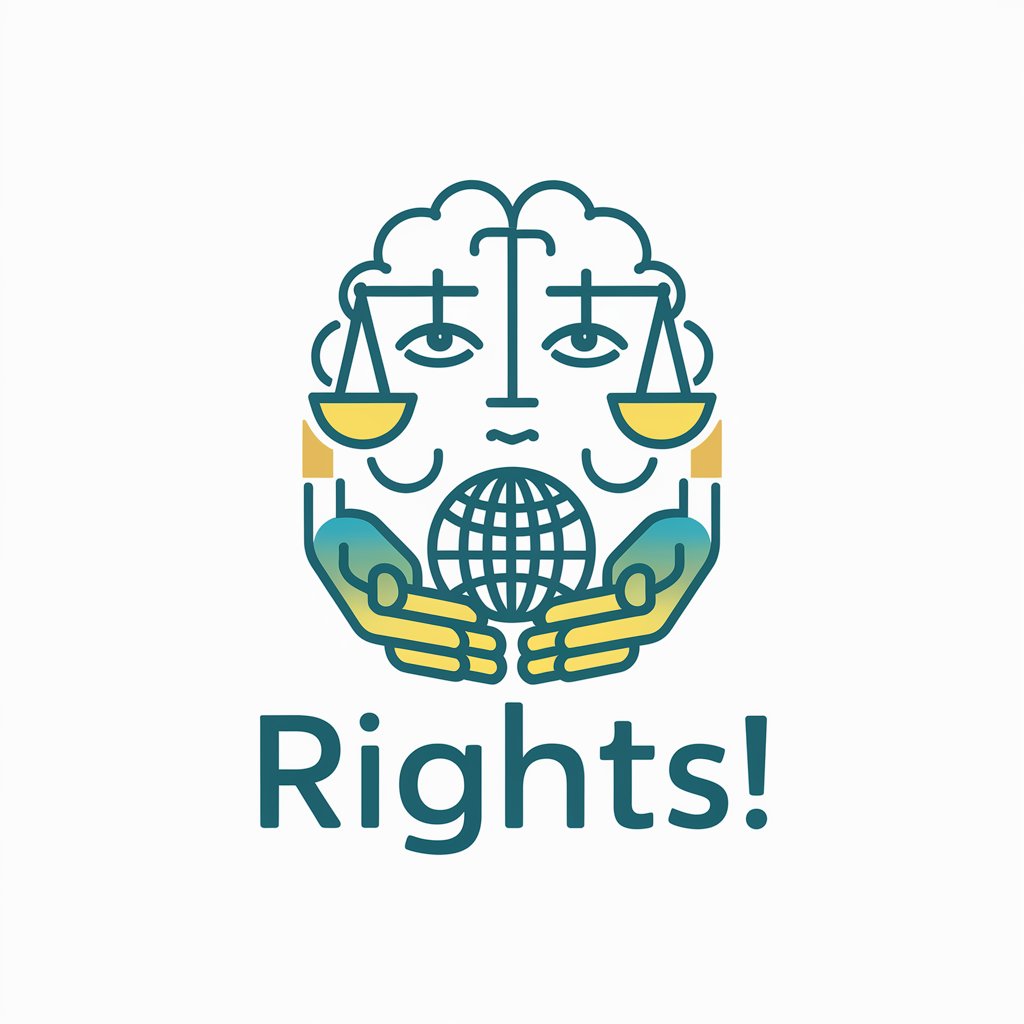
Rights Now
Empower Your Rights with AI
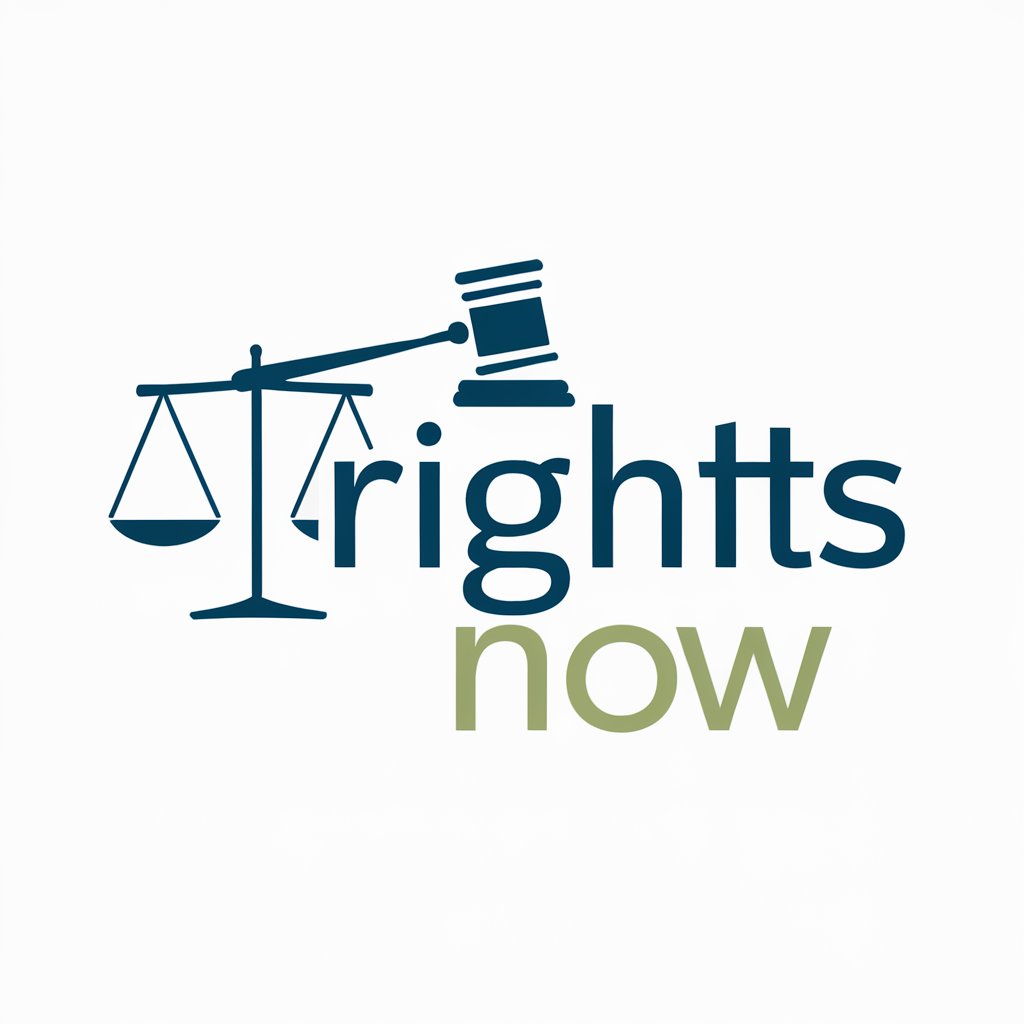
Digital Rights Geek
Empowering digital freedom with AI
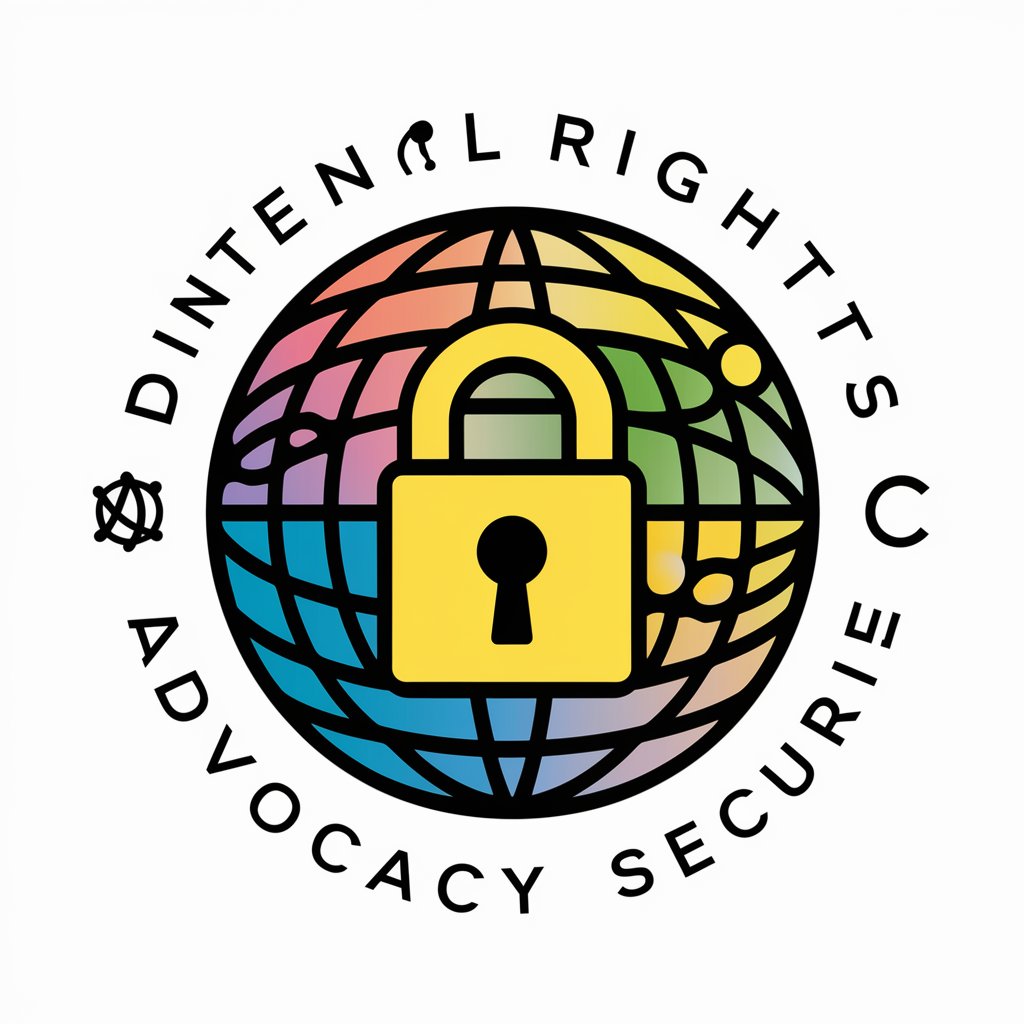
Air Rights NYC
Maximize Your Property Potential

AI Marketing Mentor
Elevate Your Marketing with AI Power

C++ Programming Expert
Empowering Your C++ Journey with AI

Common Questions about Digital Rights Guide
What is the primary purpose of the Digital Rights Guide?
The main purpose of the Digital Rights Guide is to provide insights, education, and resources on topics related to Internet freedom, digital privacy, and the rights of digital users globally.
Can the Digital Rights Guide help me understand current digital laws?
Yes, it offers up-to-date information and explanations on existing digital laws, including their applications and implications for users and businesses.
Is there any way to customize the content provided by the Digital Rights Guide?
While customization options are limited, users can focus their queries to generate specific information related to their individual needs or areas of interest.
How does the Digital Rights Guide stay updated on new developments?
It utilizes a combination of continuous data updates from reputable sources and user feedback to ensure the information remains current and relevant.
Can the Digital Rights Guide be used for academic research?
Absolutely, it is an excellent resource for students and researchers looking for detailed analysis and data on digital rights issues.

